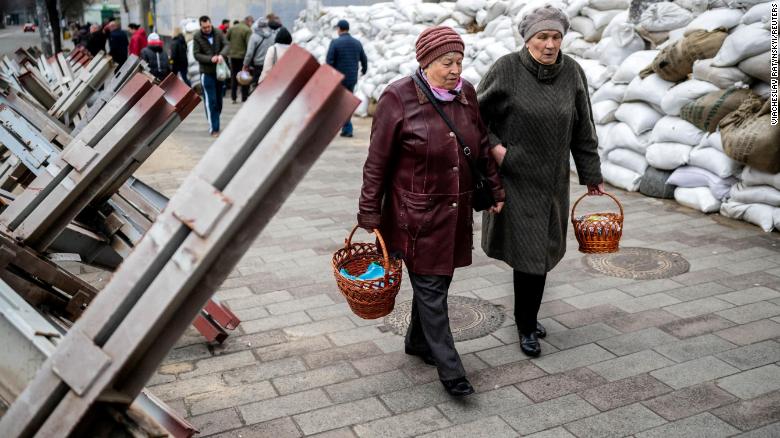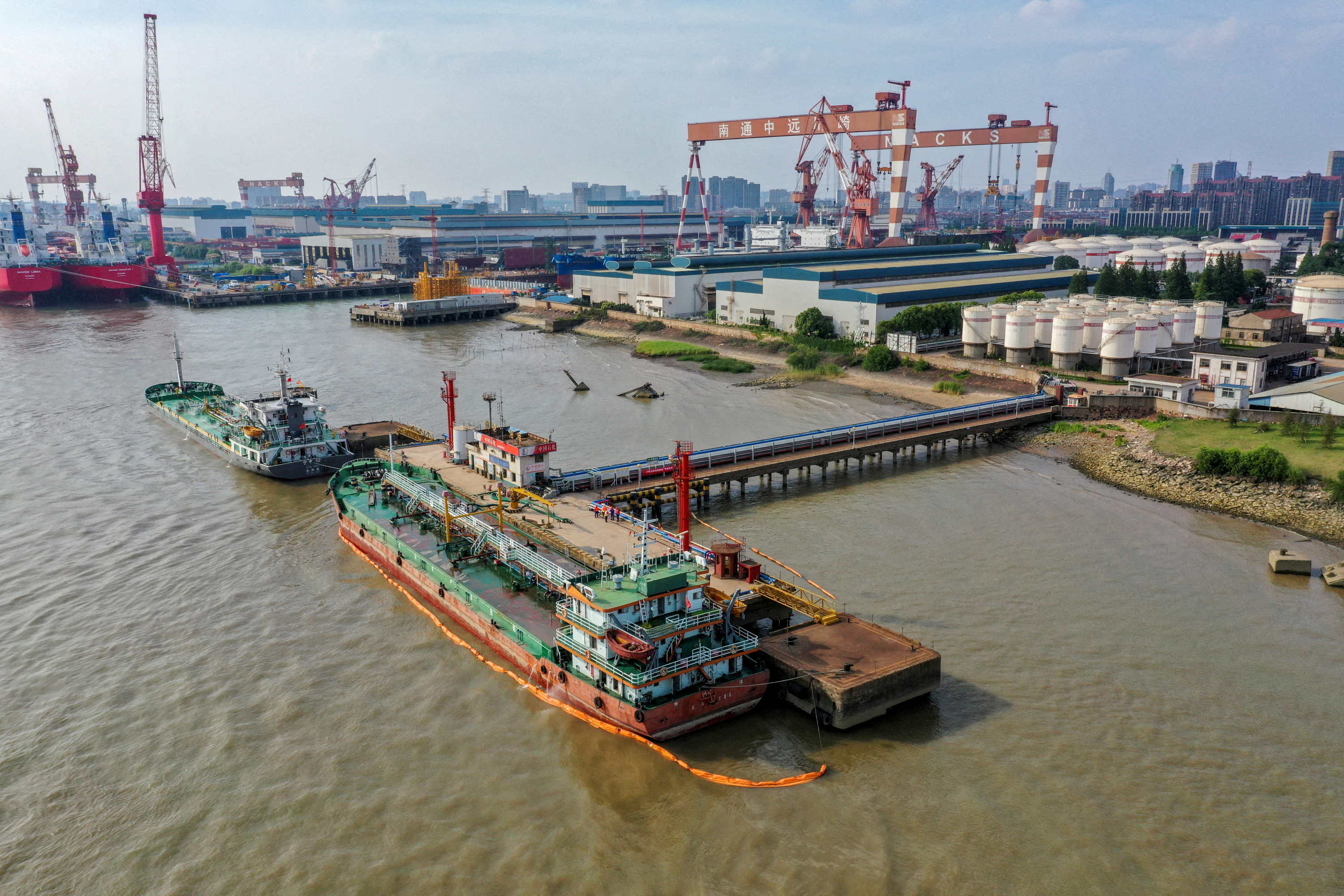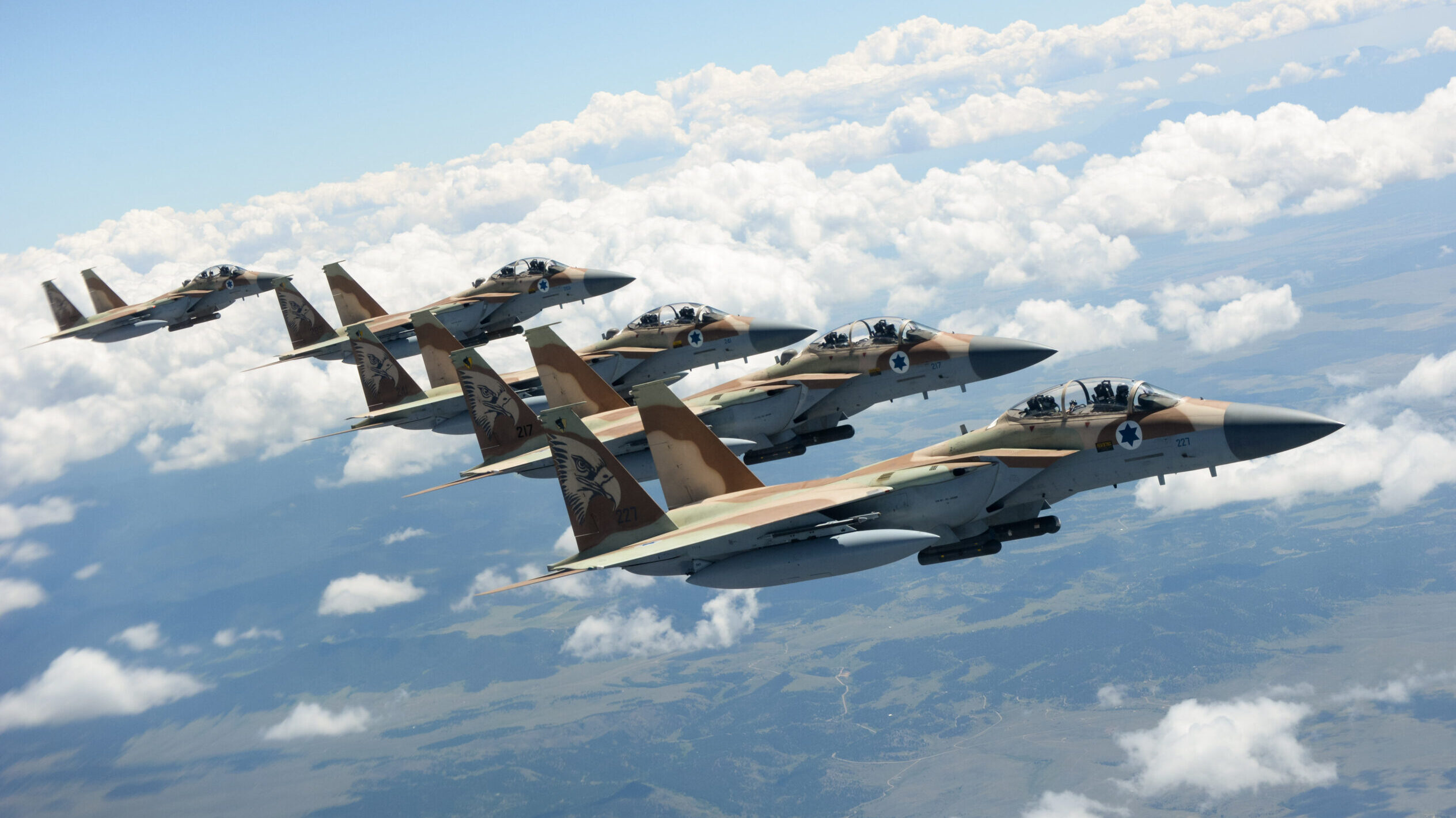Stephen M. Walt
One of the virtues of a good theory is that it makes sense of events that might otherwise seem surprising or at least somewhat puzzling. A case in point is the Swedish and Finnish decision to abandon long traditions of neutrality and apply for membership in NATO.
At first glance, the explanation for this decision seems blindingly obvious. Russia started the most destructive war in Europe since World War II and has waged that war with considerable brutality. As the war in Ukraine drags on and threatens to become a destructive stalemate, Sweden and Finland have concluded that their security environment is deteriorating and have opted for the greater protection that they believe NATO membership will provide. If you studied international relations in college, you might see this as a classic example of balance-of-power theory at work.
Still, that explanation leaves a couple of questions unanswered. Abandoning a long and successful policy of neutrality is a big step, and it could involve significant costs and risks down the road. This point is especially pertinent in the case of Sweden, which has cooperated closely with NATO for years and was already getting many of the benefits of membership with few of the burdens. So why change course now?
:quality(70)/cloudfront-eu-central-1.images.arcpublishing.com/thenational/A6TNMEZMYO6MH7WZKVEMTGOGCA.jpg)



